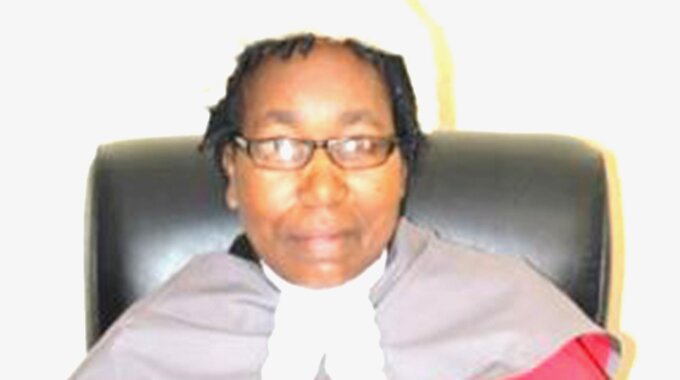Fidelis Munyoro
Chief Court Reporter
Neither MDC Alliance nor MDC-T can receive any of the $7.5 million political funding under the Political Parties Finance Act until a resolution on the ongoing legal battle over which formation is entitled to the money is settled, the Supreme Court has ruled.
The Nelson Chamisa-led MDC Alliance and the Dr Thokozani Khupe-led MDC-T are embroiled in a vicious legal battle over the control of the opposition MPs and Senators elected in 2018, and thus the $7.5 million to be paid under the Political Parties Finance Act.
MDC Alliance successfully applied for an interim order before Justice Priscilla Munanfati-Manongwe at the High Court in May, to block to the Thokozani Khupe-led MDC-T from receiving the disbursement.
Advertisement
The alliance had sued the Minister of Justice, Legal and Parliamentary Affairs and Minister of Finance and Economic Development — who then appealed against the judgment of Justice Munangati-Manongwa at the Supreme Court.
There, a panel comprising Justice Chinembiri Bhunu, Justice Tendai Uchena and Justice Alfas Chitakunye partially allowed the appeal, but with the consent of both parties’ legal counsel blocked both formations from receiving the money until the underlying legal dispute is settled.
Under the Political Parties Finance Act, all parties that poll more than 5 percent of the vote in a general election share the sum budgeted for political parties each year in proportion to their votes. By-election results can alter those proportions.
The critical legal issue is whether the MDC-A was simply an electoral alliance, or a full party in its own right.
If it was just an alliance with the MDC-T as its main partner, then the decision of the Supreme Court earlier this year would have major significance. The Supreme Court then declared Mr Chamisa’s leadership of the MDC-T when the Alliance was formed to be illegitimate and ordered that the 2014 leadership, headed by Dr Khupe, was the legitimate interim leadership by MDC-T rules, but it had to hold an election within three months to choose the leader of the party. That congress, which was scheduled to take place today, was deferred due to the Covid-19 pandemic.
Advertisement
After the Supreme Court ruling, Dr Khupe moved to take control of the opposition, recalling a number of MDC Alliance legislators from Parliament and several councillors sympathising with Mr Chamisa on the basis that these had been the MDC-T’s nominees in the MDC-A line-up.
There are now two contradictory High Court rulings. In her ruling, Justice Munangati-Manongwa acknowledged the MDC Alliance as a political party with capacity to sue and be sued, which is contrary to the findings of another judge of the same court, Justice Tawanda Chitapi, who ruled that MDC Alliance does not legally exist as it is just an electoral pact.
The Supreme Court will now probably have to be asked to make a definitive ruling on the status of the MDC-A and whether those elected under the MDC-A name in 2018 belong to the MDC-A or belong to the underlying formations, including the MDC-T, that came together in the MDC-A.
There could be another legal battle over MDC-T assets that were taken over by the MDC-A on the say so of the then MDC-T executive led by Mr Chamisa, an executive now found to have been improperly formed by the MDC-T’s own rules.
Depending on how the legal battle progresses, several alternatives present themselves. It could be found that the MDC-A is a political party that came second in the 2018 elections, but was not entitled to take over MDC-T assets. Or it could be found that the MDC-A is simply an electoral alliance of several parties that presented a single presidential candidate and a single candidate in each constituency election, but has no control over the successful candidates. There are other options that may come to the attention of judges trying to disentangle the legal minefield.
Advertisement
– HERALD





